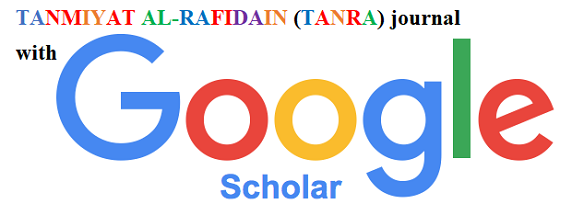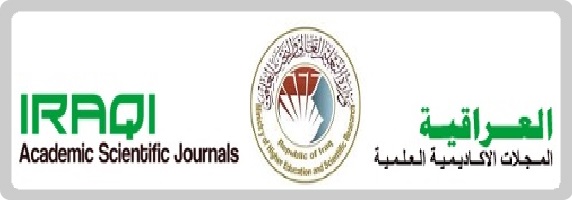The Impact of Paternal Leadership on Organizational Citizenship Behavior: A survey Study of the Opinions of a Sample of Lecturers in Some Colleges of the University of Mosul
Abstract
The current study aimed to crystallize a theoretical framework that includes the most important main vocabulary of the concept of paternal leadership and its dimensions, as well as the concept of organizational citizenship behavior and its dimensions, and to test the relationships of association and influence between the main and sub-variables at the level of the colleges of the research sample. To achieve the study procedures, a hypothetical plan was developed and a set of hypotheses were used and tested. The analytical survey method was used to describe the study variables, and the questionnaire was relied upon as a main tool for collecting data and adopting it in a manner consistent with the objectives of the current thesis. The study community consisted of a sample of lecturers working in some colleges of Mosul University in Nineveh Governorate, where the sample number reached (260) lecturers. All of them were valid, and the program (SPSS V26) was used to reach percentages, arithmetic means, standard deviations, coefficient of variation, response intensity, stability measurement, common method bias, and internal consistency. The statistical program (AMOS, V24) was used to conduct confirmatory factor analysis and analyze the correlation and influence relationships. The study reached a set of results, the most important of which is the existence of a significant correlation between paternal leadership and organizational citizenship behavior, which indicates that the awareness of individuals working in the organization under the study of paternal leadership will contribute to enhancing organizational citizenship behavior and reflecting this on organizational performance within the organization. The current study concluded with a set of proposals represented by clarifying the importance of applying paternal leadership and its three dimensions represented by (authoritarian leadership, charitable leadership, and ethical leadership) in the management of the university and its activities, due to its positive impact on the stability and cohesion of the colleges under study.




